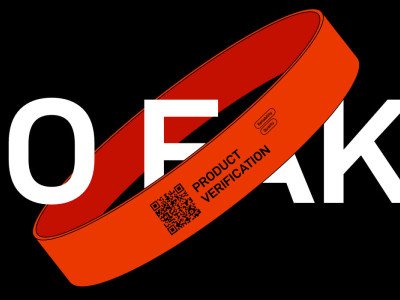Finland used to operate a two-tier system for the treatment of electronic cigarette and vaping products, and then the Tobacco Products Directive simplified the situation. That said, the sale of eliquids containing nicotine remained illegal until November last year. Traditionally, the majority of Finnish vapers purchased their products from abroad, via the internet.
Kaari Paaso, head of the harm prevention unit, said: “The Finnish approach is revolutionary. We want to get rid of all tobacco products. Experts agree that the Finnish government is using innovation and creativity to get everyone to kick the habit.”
He can wrap up the approach in fancy words and anonymous plaudits, but it amounts to nothing more than the ‘quit or die’ favoured by anti-vaping campaigners. The government isn’t going to encourage the use of safer products, it’s embracing the absurd precautionary principle which means that public spaces are going to be targeted.
“We don't want to fall into the trap of other policies that have less harmful products. We want to phase out all products,” says Paaso, not going into depth to explain what traps exist in the embracing of harm reduction policies.
One of the immediate changes has been felt as of the start of the year – a tax of €0.30/ml has been applied to nicotine and nic-free eliquids. That’s an extra €3 (£2.50) on every 10ml bottle.
Vaughan Rees, a director at Harvard’s school of public health, mentions: “The evidence suggests increasing pricing is the single most effective way to reduce demand. In states where we see the highest tax rates, we see the lowest prevalence.”
The government has also banned the variety of juice flavours available for sale in the nation’s vape stores, restricting choice to just “tobacco”, as part of the new tobacco act. Matters worsen further for the 50,000 Finnish vapers, cross-border sales are set to be banned this summer as the government adopts those options within the Tobacco Products Directive that enable it to impose a harsh regime.
Paaso adds: “E-cigarettes are sold in normal shops, but we have strict rules. They cannot have any distinctive taste. Our approach is this basic idea to phase out all nicotine products.”
Also, as Paaso points out, vape stores have been hit with a hefty one-off licensing fee and ongoing annual fees based on the number of checkouts it operates: “There's quite a high fee to license it and to sell it. This has resulted in criticism from small shop owners and big stores.”
In a snapshot, it is possible to see exactly how much worse it could have been in the UK had parliament adopted a harsher version of the TPD.
Dave Cross
Journalist at POTVDave is a freelance writer; with articles on music, motorbikes, football, pop-science, vaping and tobacco harm reduction in Sounds, Melody Maker, UBG, AWoL, Bike, When Saturday Comes, Vape News Magazine, and syndicated across the Johnston Press group. He was published in an anthology of “Greatest Football Writing”, but still believes this was a mistake. Dave contributes sketches to comedy shows and used to co-host a radio sketch show. He’s worked with numerous start-ups to develop content for their websites.
Join the discussion
Parliament Fears Two
The Department for Environment, Food and Rural Affairs faced questions from a Conservative MP and, oddly, a member of the Department for Environment, Food and Rural Affairs
Harm Reduction For The Rich
The United Kingdom risks becoming a harm reduction country only for the wealthy, according to Michael Landl of the World Vapers’ Alliance
Sacrificing Health For 2p Cut
Tory Government alienates vaping voters with its mission to cut tax by an unaffordable 2p to attract voters by placing a tax on vape products in the forthcoming budget
Scotland Announces Single-Use Vape Action
A ban on the sale and supply of single-use vapes in Scotland is due to come into effect on 1 April 2025, under proposed legislation published today








-listing400.jpg)


